Articles by Index on Censorship
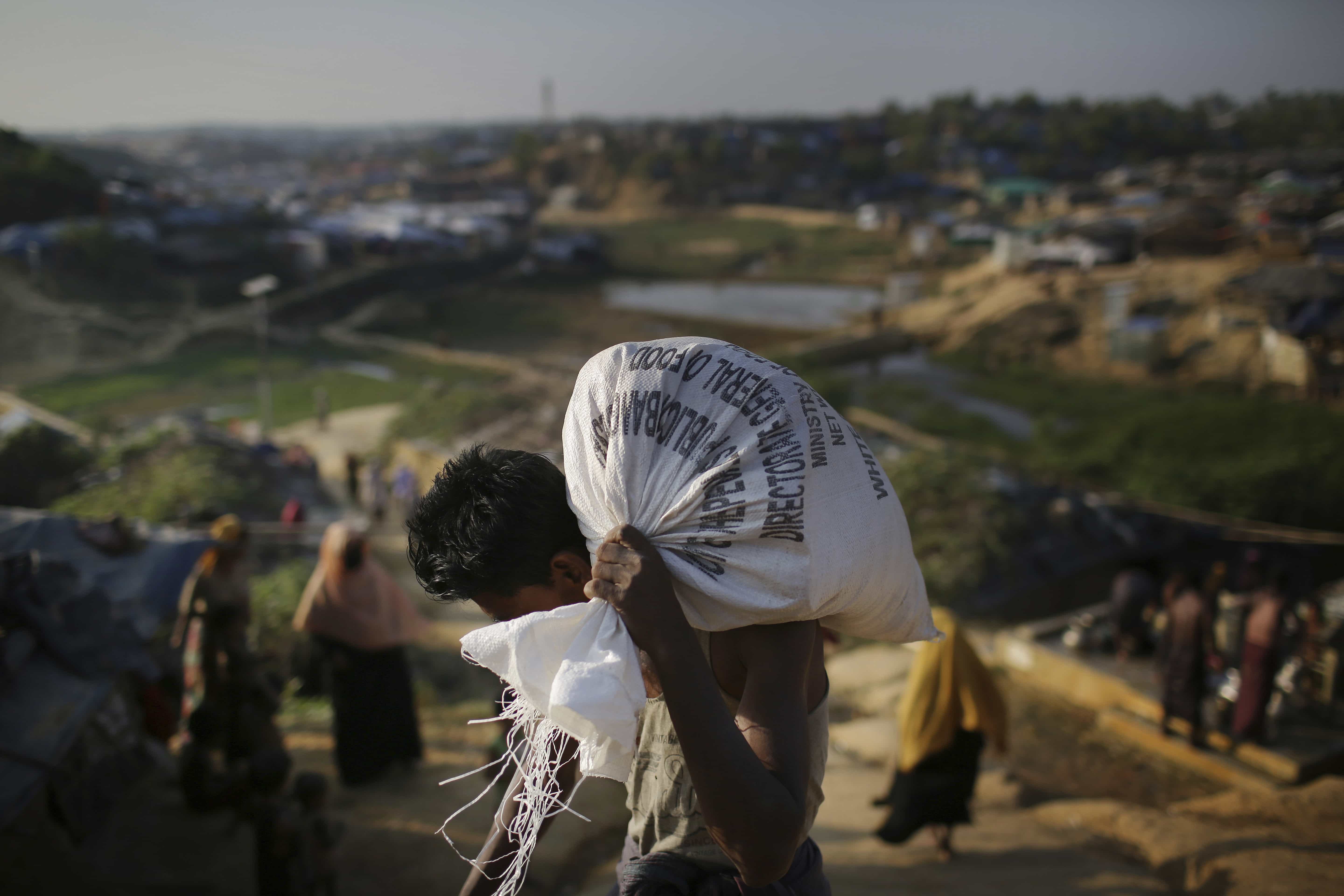
Six times Facebook ignored its own community standards
Is Facebook disproportionately targeting marginalised communities? Critics point to these six instances to show that may just be the case.
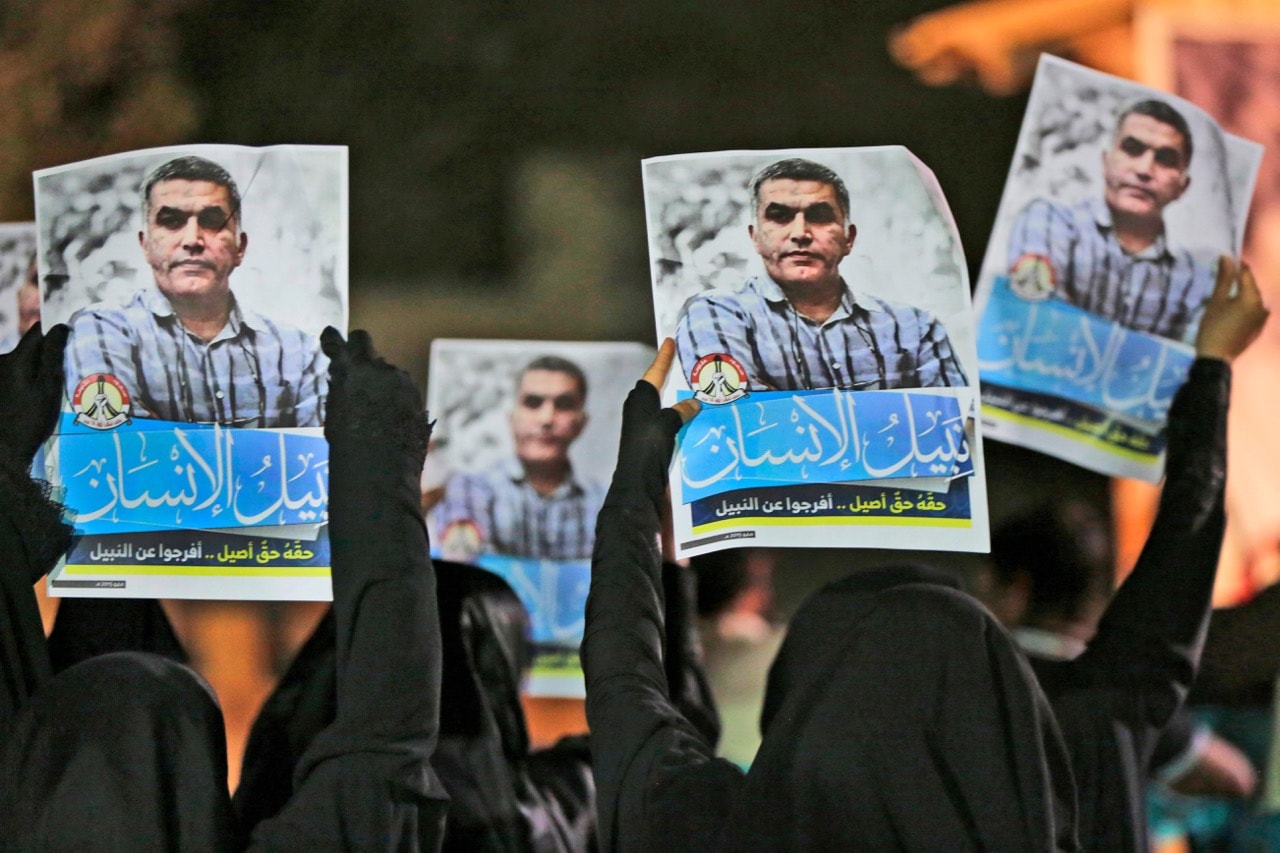
How repressive Arab regimes are expanding their reach
Our Middle East and North Africa round-up spotlights Bahrain’s first military trial of civilians since 2011, a growing crackdown on members of Egypt’s LGBTQI+ community, and a new player restricting Iranians’ internet access.
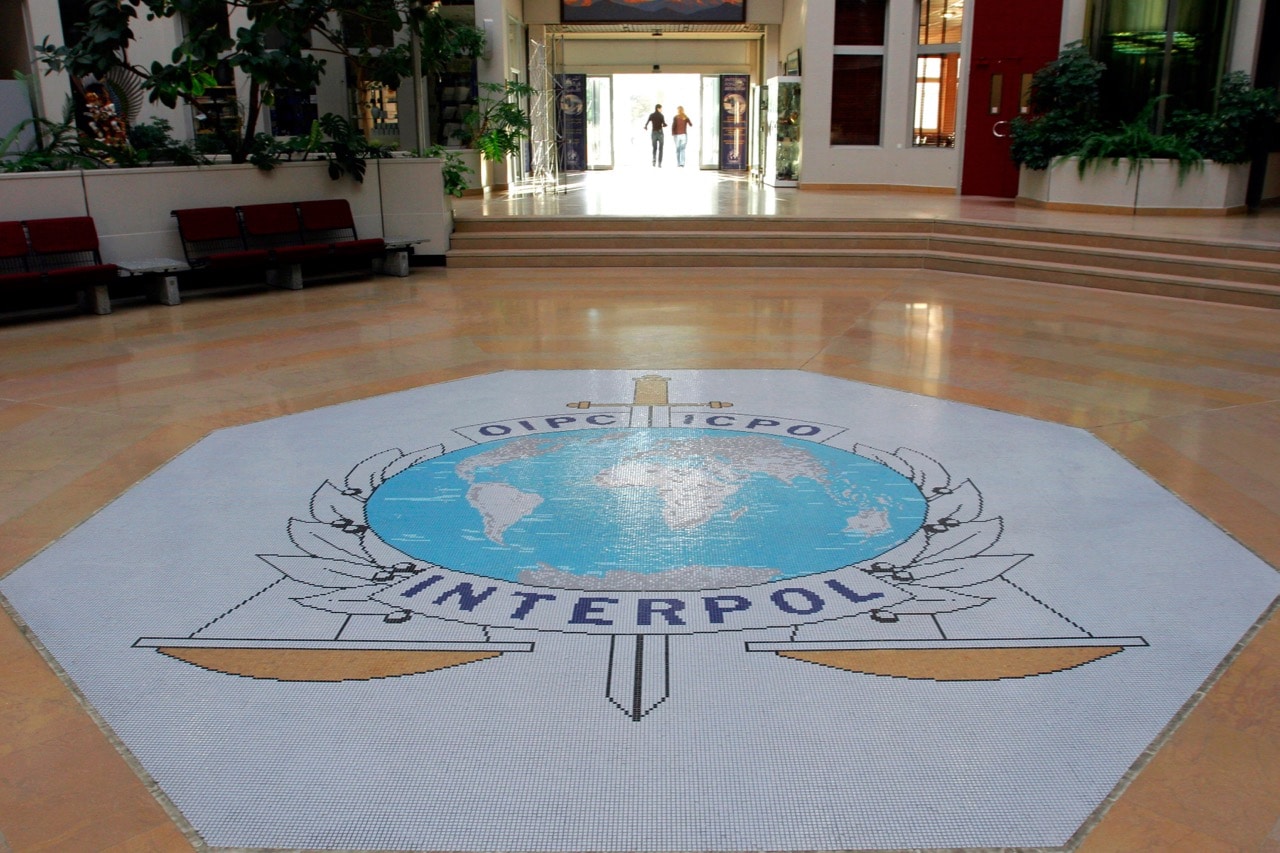
Interpol: The abuse of red notices is bad news for critical journalists
The recent use of the Interpol system to target journalists is a serious breach of media freedom, says Index. Interpol’s own constitution bars it from interventions that are political in nature.
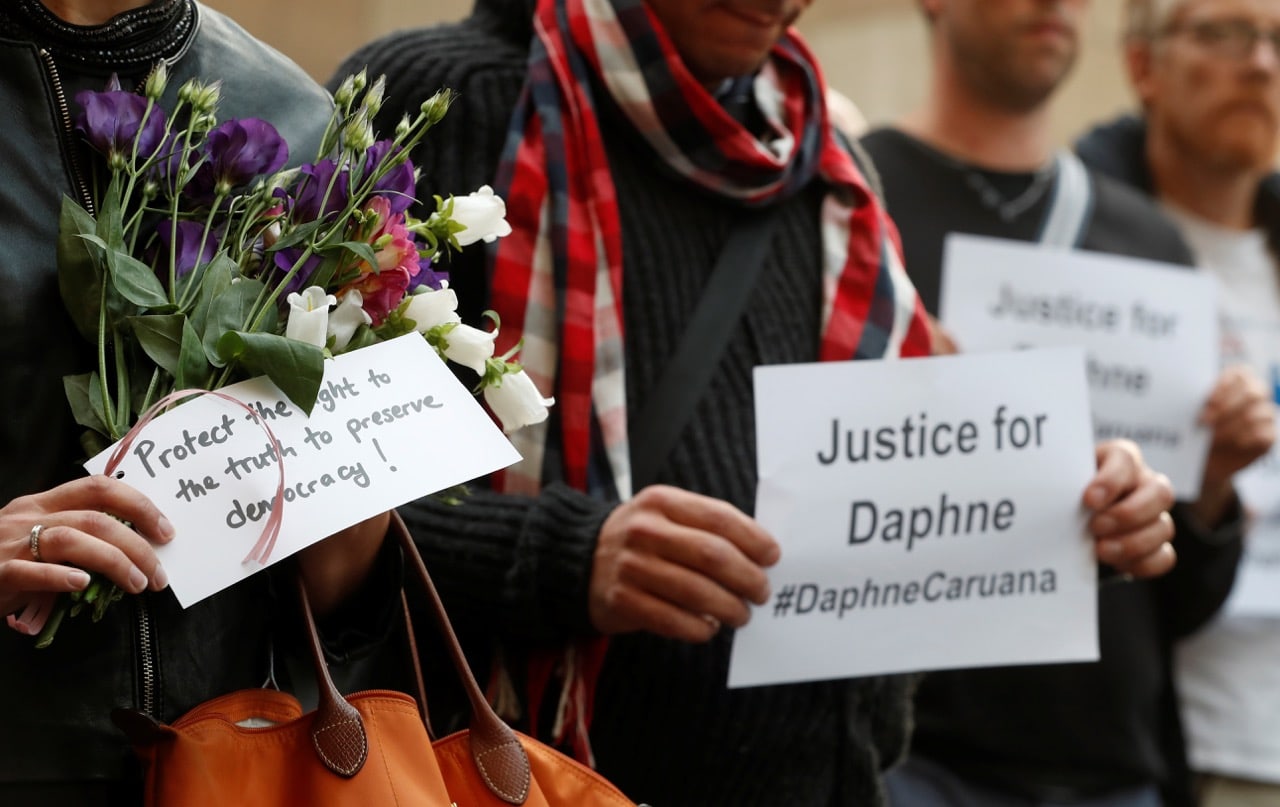
International groups unite to demand justice in killing of Daphne Caruana Galizia
The killing of Maltese investigative journalist Daphne Caruana Galizia in a car bomb has sparked shock and outrage across Europe.

Guggenheim drops artworks after threats of violence
The Guggenheim’s alarming action continues a growing worldwide trend in which threats of violent protest are silencing artistic expression and posing a danger to free speech in general.
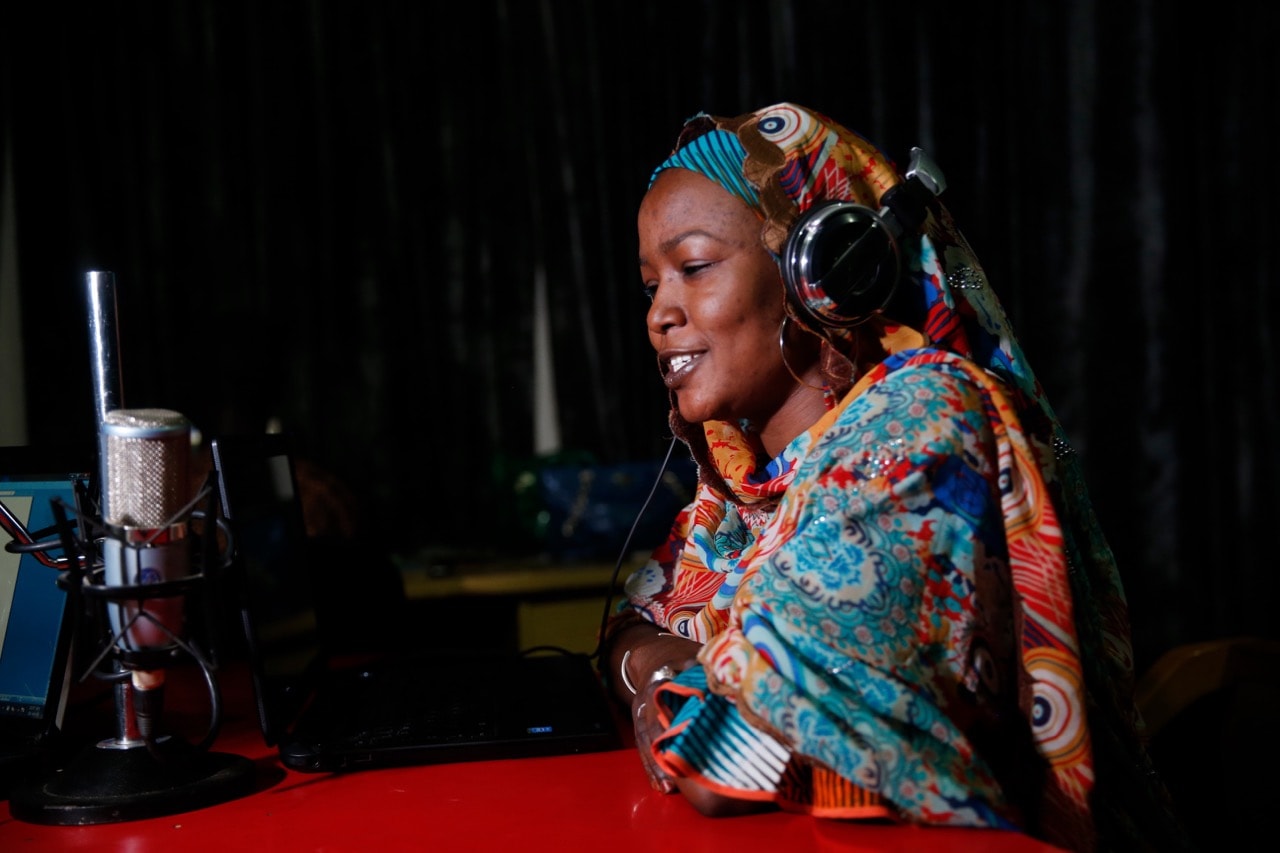
Radio on the rise
After many predictions of its death, radio is on the rise again, its audience is growing across various age groups and various countries including the US and UK.
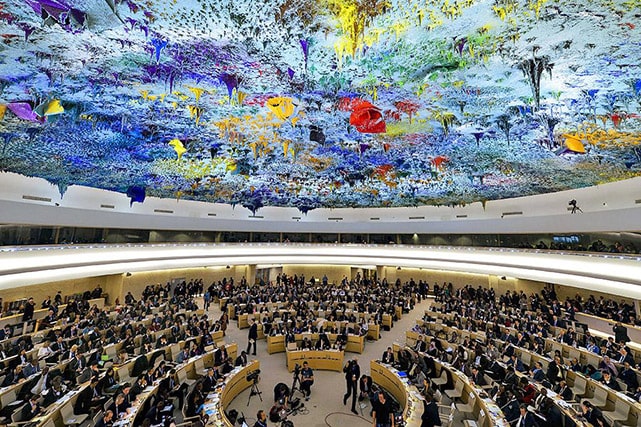
HRC 36: Secure digital communications are essential for human rights
A joint statement by the Association of Progressive Communications, IFEX and 64 co-signatories at the UN-HRC 36 warns of the threat to human rights posed by recent attacks on the right to use encryption technology, in Turkey and across the globe.
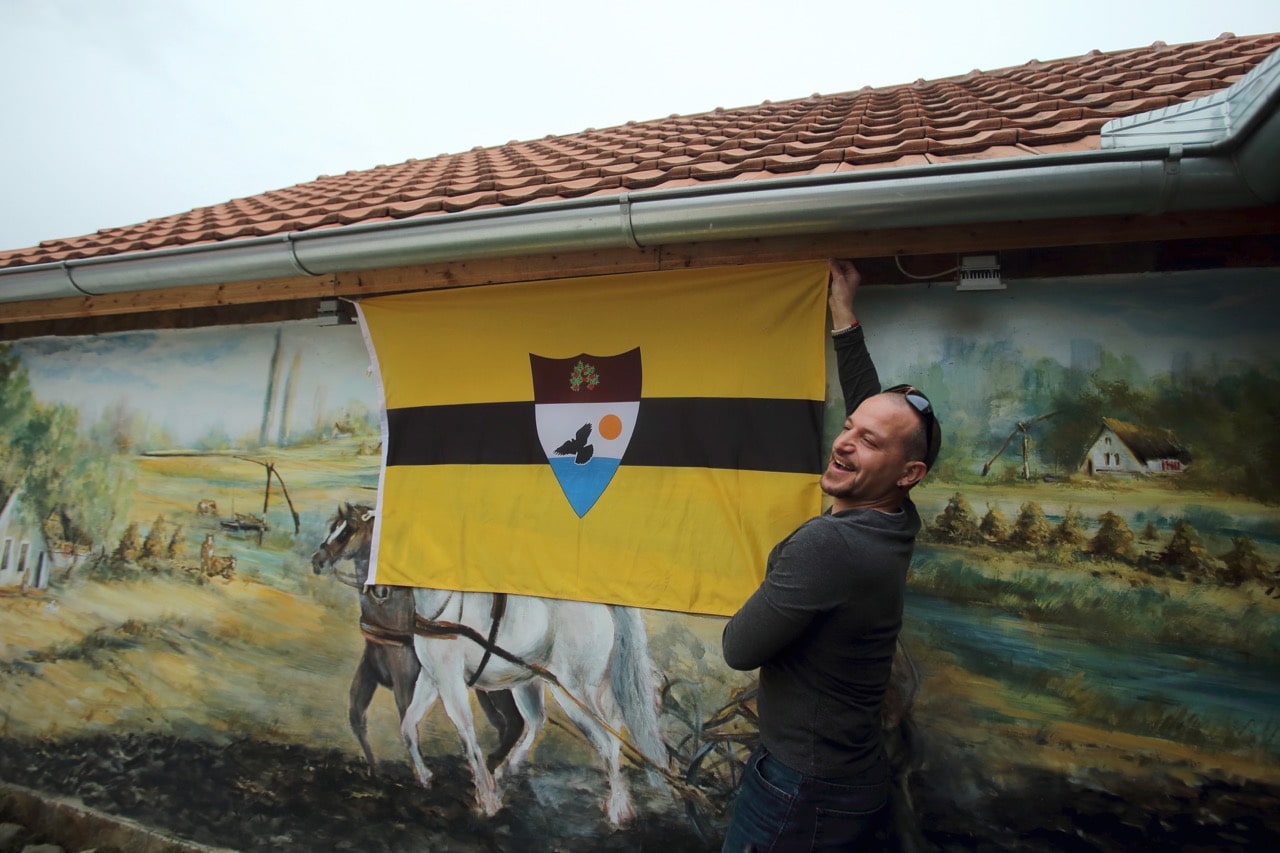
Why encryption is for everyone
Writer Jamie Bartlett asks: are we willing to prevent good guys having protection just because bad guys are using it?
